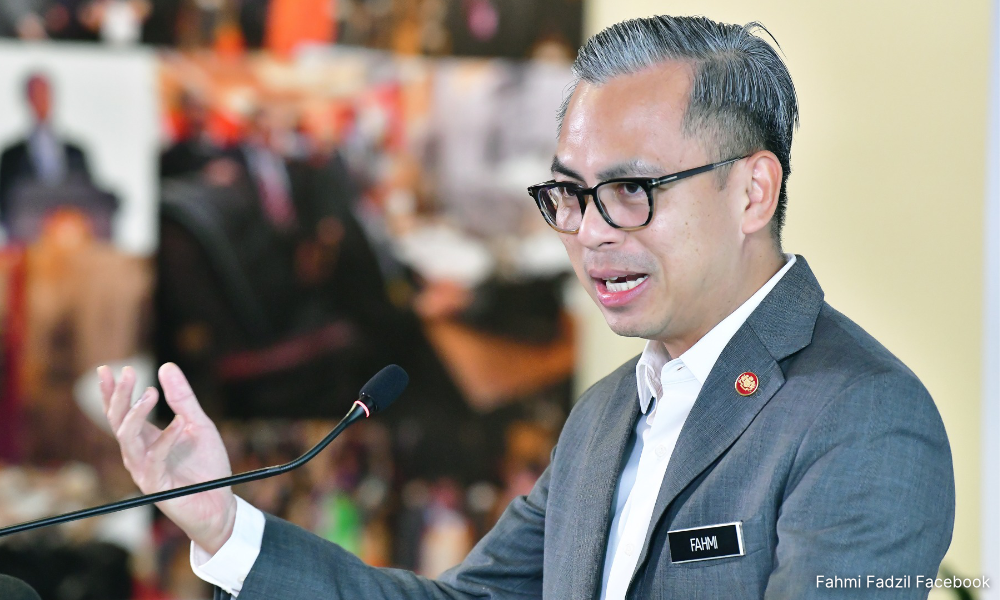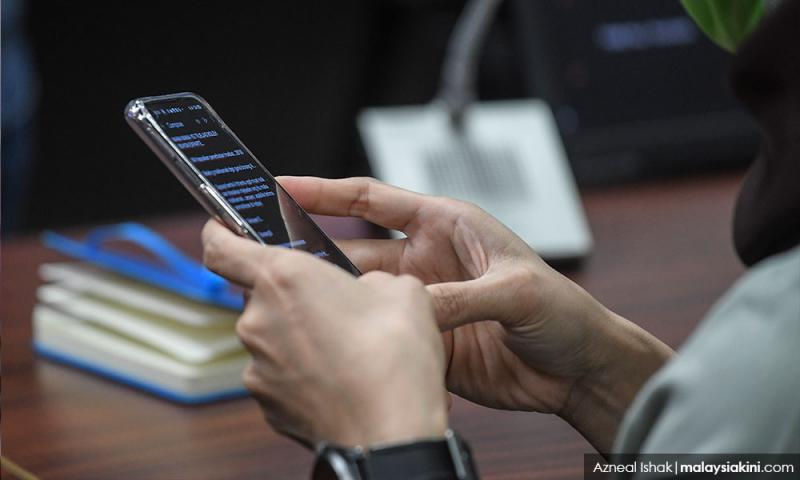LETTER | Govt is imposing stricter controls on media, and it’s bad
LETTER | Media is the fourth estate of a democratic nation and plays the role of a watchdog to hold those in power accountable. We all know how the saying goes.
However, it seems like this government that is dominated by Pakatan Harapan, which had relied so much on the fourth estate to push forward their reformist sentiments, is now trying to clamp down on this institution that they hailed in the past with a series of very questionable moves.
Previously, Communications Minister Fahmi Fadzil announced the government’s media code of ethics and stated that the media council bill is scheduled to be tabled in the July parliament session.
This conveniently opens up the leeway for the government to abuse the media council to further suppress media freedom. However, the media council should be an independent entity that facilitates self-regulation of the media.
Though the eight provisions in the code of ethics announced by Fahmi look fine, there is no guarantee that the government will not amend them in the future.
In fact, the government has all the rights and power to make them stricter or even suppressive since it is their code.

Yesterday, the government invited a new round of criticisms on its latest policy of media accreditation card issuance.
It was reported that the original two-year validity of the press cards was scrapped. Some journalists received a press card with a six-month validity, while others received one with a one-year validity.
Shortening the validity period of press cards will not only cause inconvenience for the media practitioners, but also raise concerns over possible tightened media regulations by the government.
When the validity period is shortened, the government will have more room for control. This is because it now only takes six to 12 months for the government to decide to not renew a journalist’s press card, causing him or her to lose the right to report.
Also, what is the difference in validity periods between the press cards received by different journalists? What are the standards here? Is the government setting the validity period based on the organisation a journalist is working for?
If this is indeed the case, then the media industry in Malaysia has been dragged into a very dangerous spiral.
The government could now choose to issue press cards with shorter validity periods to the journalists working for an organisation that may be critical towards it.
Unacceptable
Harapan used to be the strongest critic of excessive media regulation. One of the pillars that got them into power was their promise to reform the media landscape and get rid of all the draconian media laws.
Now, not only it has made zero progress in improving media freedom but it is also planning to impose further suppression on the media amid many criticisms of its performance in managing the economy.
No Malaysian should tolerate this as the magnitude of control over the media has a direct impact on the quality of information spread.
Therefore, if you still wish to read high-quality articles, then you should oppose these moves and demand better transparency in the government’s plan to reform the media.
The views expressed here are those of the author/contributor and do not necessarily represent the views of Malaysiakini.
RM12.50 / month
- Unlimited access to award-winning journalism
- Comment and share your opinions on all our articles
- Gift interesting stories to your friends
- Tax deductable
